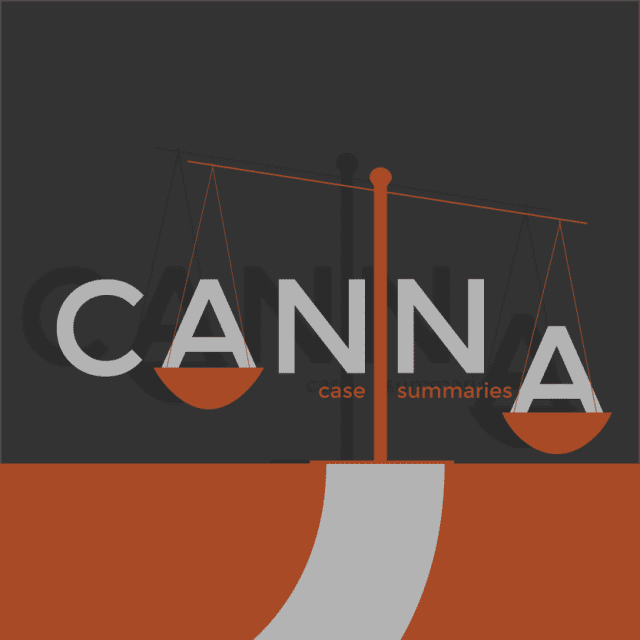
Angel Raich, a qualified medical cannabis patient, who was provided cannabis for medical use by two anonymous caregivers, used marijuana to treat her life-threatening chronic pain. Diane Monson cultivated six marijuana plants to treat her own chronic pain.
On August 15, 2002, Butte County Sheriff’s officers and agents from the federal Drug Enforcement Administration destroyed all six of Ms. Monson’s marijuana plants and seized Raich’s medical cannabis. Monson and Angel Raich (and Raich’s two anonymous caregivers) then sued the DEA and U.S. Attorney General John Ashcroft in federal district court for injunctive and declaratory relief, claiming that enforcing the CSA against them violated the Commerce Clause, the Due Process Clause of the Fifth Amendment to the United States Constitution, the Ninth Amendment to the United States Constitution, the Tenth Amendment to the United States Constitution, and the doctrine of medical necessity.
The federal government first argued that the CSA preempted California state law and that making any exception for California would render the CSA unenforceable in practice. The government also contended that consuming one’s own locally grown marijuana for medical purposes substantially affects in aggregate the interstate commerce of marijuana, and that, pursuant to the Commerce Clause, the federal government may regulate and prohibit such consumption and manufacturing. The argument stemmed from the infamous New Deal case Wickard v. Filburn, which held that the federal government may regulate personal cultivation and consumption of crops (in that case, wheat) due to the aggregate effect of individual consumption on the government’s “legitimate statutory framework governing the interstate wheat market.” The federal district court ruled against Monson and Raich. Monson and Raich then appealed that decision to the Ninth Circuit Court of Appeals.
On December 16, 2003, the Ninth Circuit Court of Appeals ruled in favor of Raich and Monson, issuing a preliminary injunction to prevent the government from interfering with their use and cultivation of marijuana for medical purposes. The Court ruled that “the appellants have demonstrated a strong likelihood of success on their claim that, as applied to them, the Controlled Substances Act is an unconstitutional exercise of Congress’ Commerce Clause authority. . . .” The Court reached this conclusion on narrow grounds, relying on United States v. Lopez and United States v. Morrison to find that enforcement of the CSA against intrastate medical marijuana commerce violated the Commerce Clause and that using medical marijuana did not “substantially affect” interstate commerce and therefore could not be regulated by Congress. The federal government appealed that decision to the U.S. Supreme Court, which ultimately ruled against Raich and Monson in a 6-3 decision.
SCOTUS ruled that even individual use and/or cultivation of marijuana has an aggregate affect on interstate commerce, warranting enforcement of the CSA in California despite its state laws:
The parallel concern making it appropriate to include marijuana grown for home consumption in the CSA is the likelihood that the high demand in the interstate market will draw such marijuana into that market. . . the diversion of homegrown marijuana tends to frustrate the federal interest in eliminating commercial transactions in the interstate market in their entirety. In both [Wickard and the present case], the regulation is squarely within Congress’ commerce power because production of the commodity meant for home consumption, be it wheat or marijuana, has a substantial effect on supply and demand in the national market for that commodity.
Gonzales v. Raich, 545 U.S. 1; 125 S. Ct. 2195; 162 L. Ed. 2d 1; 2005 U.S. LEXIS 4656; 73 U.S.L.W. 4407; 18 Fla. L. Weekly Fed. S 327.
NOTE: The above is part of our plan to summarize all cannabis civil cases with a published court decision. By civil case, we mean any case that involves cannabis or the cannabis industry that is not a strictly criminal law matter. These cannabis case summaries are intended both to keep you up to date on cannabis laws as interpreted by the courts and also to serve as a resource for anyone conducting cannabis law research. We also will seek to provide key unpublished cannabis law decisions as well, when available.























